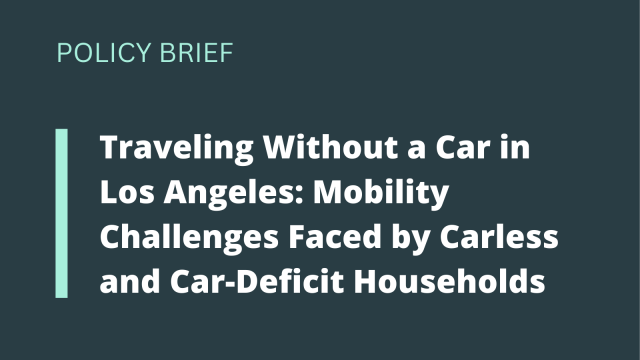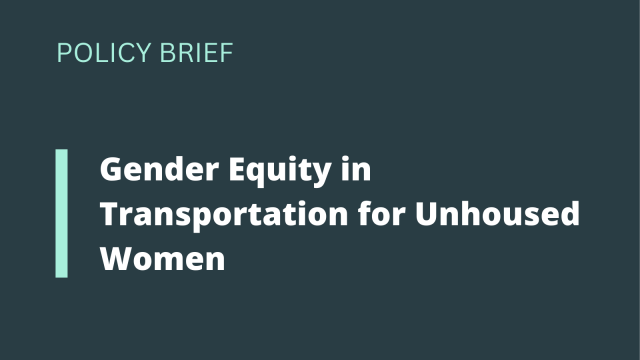Unincorporated Los Angeles: Leveling Inequities in Supervisorial District 2
This study aims to identify policy interventions that can improve the quality of life and increase equitable outcomes for residents of unincorporated communities in LA County’s Supervisorial District 2. The researchers utilized a mixed-methods approach consisting of qualitative interviews and historical, spatial, and statistical analyses. Key findings include the role of historic racial and economic bias in annexation and incorporation decisions, significantly worse physical and mental health, food insecurity, and higher unemployment rates in unincorporated areas compared to cities, and primary concerns of residents being housing, service quality, displacement, and increasing local representation. The researchers evaluated four policy options, including EIFDs, opportunity zones, expanding the Los Angeles County Board of Supervisors, and town councils, for their political feasibility, efficiency, equity, and robustness. Ultimately, the researchers propose the implementation of EIFDs to improve infrastructure in unincorporated communities and the formation of town councils as an avenue to voice political needs and relay county initiatives and policies. Practitioners should look to the methods utilized to understand policy interventions that can increase equitable outcomes.



